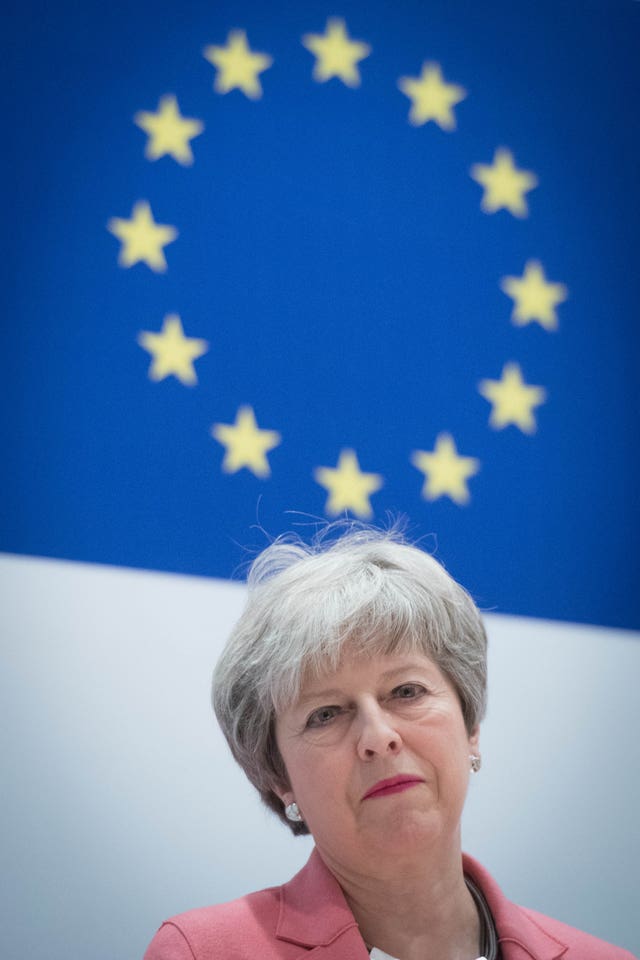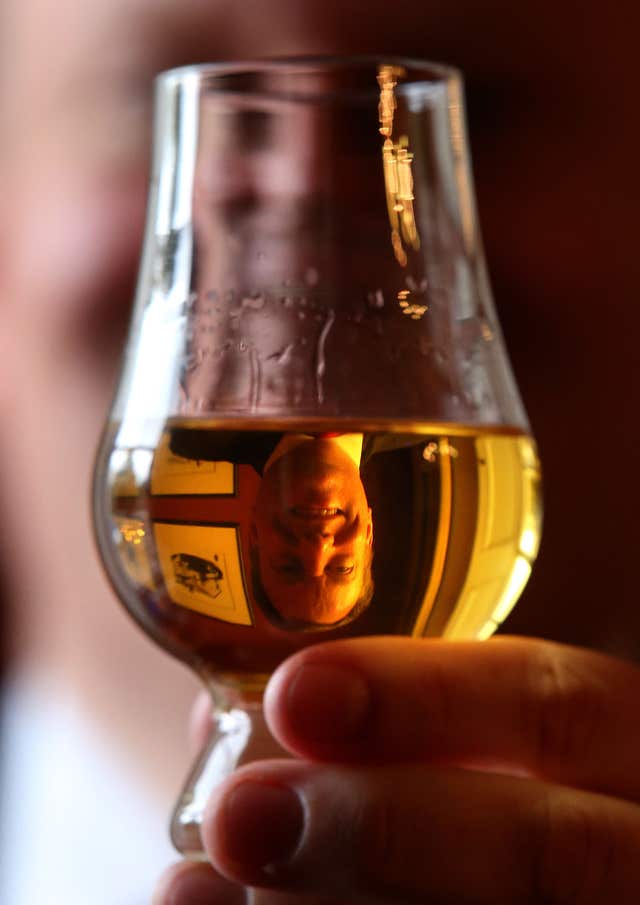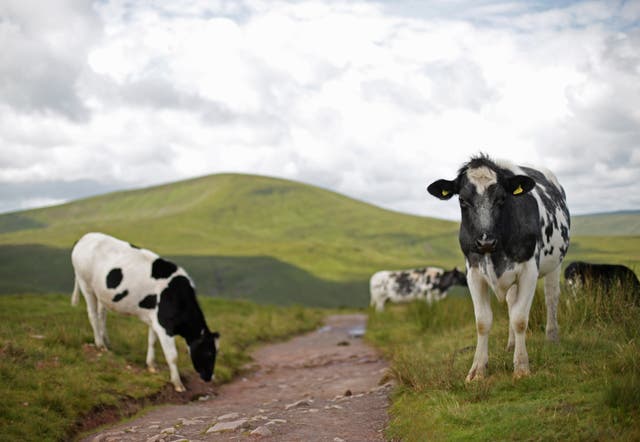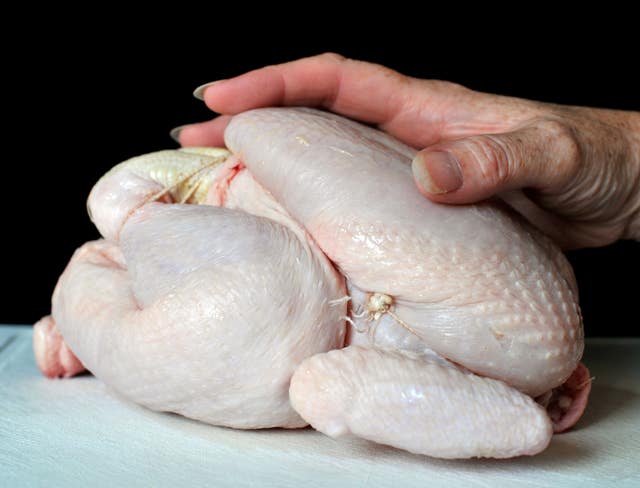Everything you need to know about Brexit and tariffs
What are the implications of the Government slashing tariffs on goods imported to the UK in the event of a no-deal Brexit?

As the Government mulls slashing tariffs on goods imported to the UK in the event of a no-deal Brexit, we look at the implications.
How do tariffs work?
A tariff is essentially a border tax charged on foreign imports for any given product. Companies importing the products pay the charges, or tariffs, at the point of entry to the customs agency of the country implementing them.
While still part of the EU’s customs union, British companies can buy and sell their goods freely across the bloc tariff-free.
The EU also has agreements allowing free trade with the likes of Norway, Switzerland and South Korea.

What about Brexit?
Brexit, in particular a no-deal exit, will change all that, ushering in an era of higher tariffs and an avalanche of red tape.
This is because Prime Minister Theresa May’s pledge to quit the EU customs union raises the very real prospect of tariff barriers being erected, which would see UK businesses forced to pass the additional costs of imports on to consumers.
Added to the likely further devaluation in the pound, shop prices would rocket, hitting households hard.
British exporters would also take a big knock. For example, if Britain was to crash out on World Trade Organisation (WTO) rules, the duty on Scotch whisky exports to South Korea would be 20%.
That compares with the zero rate enjoyed today as part of the UK’s EU membership.

What is the Government doing?
Mrs May’s Government is exploring plans to cut a large majority of tariffs of goods imported into the UK.
The sweeping reduction would see tariffs slashed on between 80% and 90% of imports in an effort to prevent prices rocketing for consumers.
Items including component parts used to make cars, many finished food products and some farm produce including cereals, could be exempt from tariffs under the plans.
Is this good news?
Not for UK manufacturers, farmers and producers.
Critics warn it could trigger “floods of imports from steel to ceramics” which would put domestic producers such as manufacturers and farmers under huge pressure.
Some even argue that Britain’s farming sector would be wiped out by cheap imports, although it is thought that sensitive industries would remain subject to levies in order to protect them.
In addition, abolishing tariffs without reciprocation from other countries could undermine the UK’s ability to negotiate trade deals.

Chlorinated conundrum
In addition to all of the above, the UK has to consider non-tariff barriers – product standards, safety regulations and sanitary checks on food and animals.
It is all well and good opening the door to cheap imports, but not if they are going to cause a public health hazard.
This issue is best illustrated by the chlorinated chicken debate. A post-Brexit trade deal with the US could see chlorine-washed chicken and hormone-pumped beef arrive on Britain’s supermarket shelves for the first time.
Under EU laws, chlorine-washed chicken is currently barred from entry to the EU, and, by extension, the UK.

What happens next?
Details of the planned tariff cuts will be made public if MPs reject Mrs May’s revised Brexit deal next week.
If MPs back her deal, the plans may remain unpublished.





